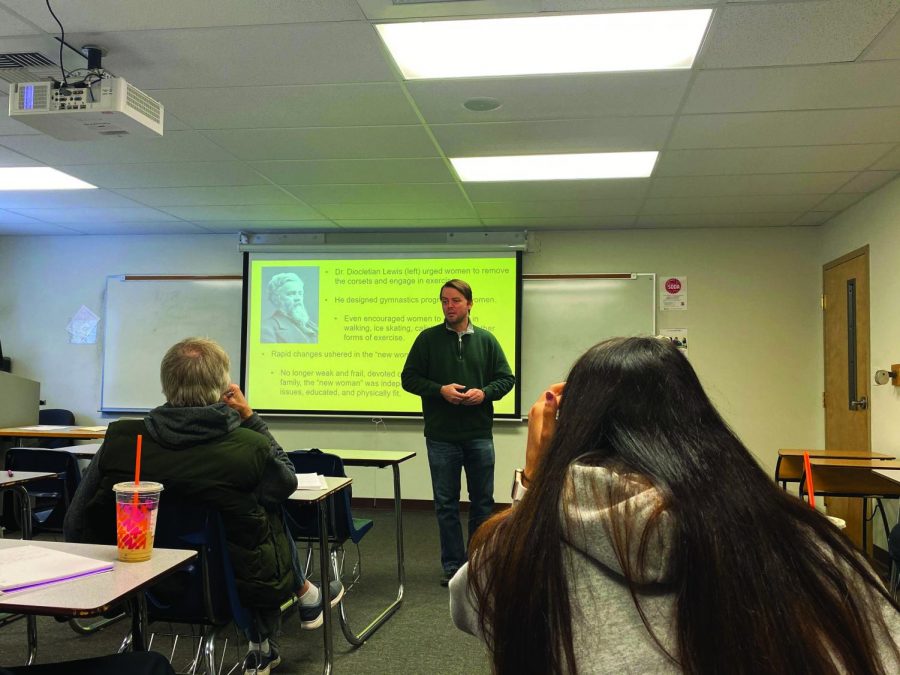Prof touches on civil rights
Dr. Richard Hardesty often ties civil rights into his sports studies lectures.
November 1, 2019
An adjunct instructor said in October the 1966 Baltimore Orioles team reflected the shift of the civil rights movement.
At the first in a series of speeches hosted by the History Club, Dr. Richard Hardesty—who teaches history and sports studies—said Orioles legend Frank Robinson and his team had an impact on civil rights in Baltimore.
“There was widespread discrimination in Baltimore,” Hardesty explained. “The civil rights movement had growing militancy and led to growing white backlash. … These were longstanding issues.”
Hardesty said discrimination was commonplace during the 1960s, as white business owners and realtors could legally refuse service based on race. However, thanks to Robinson’s success, white citizens of Baltimore began to treat African Americans better, Hardesty said.
Hardesty said Robinson—an African-American Hall of Famer who played in Baltimore from 1966 to 1971—changed the Orioles’ level of competition.
“Frank Robinson was a difference maker,” Hardesty said. “[He] spent six years as an Oriole, and in four of those years they went to the World Series.”
Robinson followed in the footsteps of Jackie Robinson—the first African-American player in Major League Baseball—and eventually became the first African-American manager in MLB.
At its next event on Nov. 20, the History Club will show “Sickies Making Films,” a 2018 documentary about censorship in movies, directed by Joe Tropea of the Maryland Historical Society.












